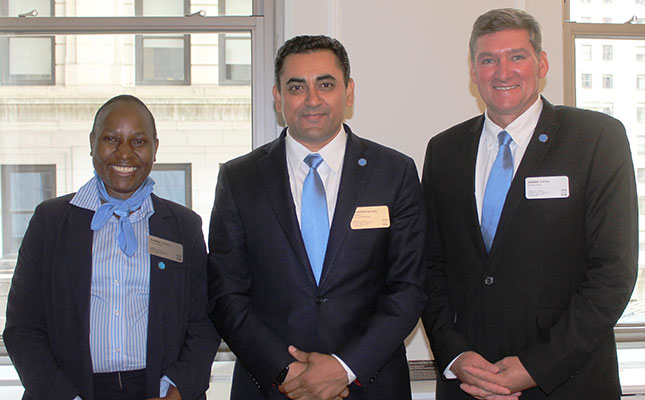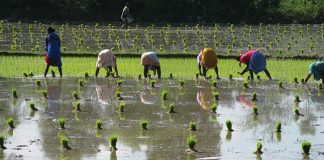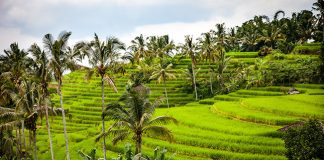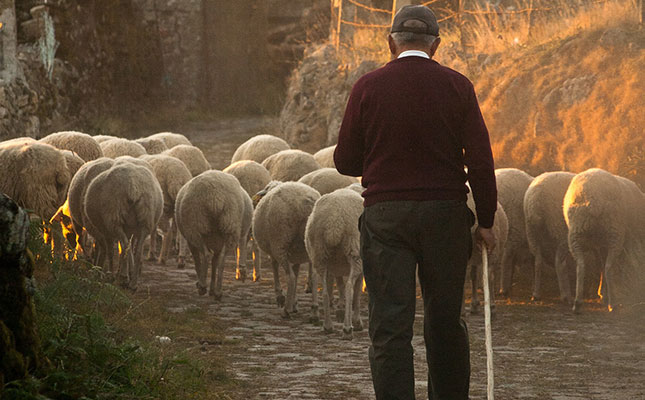
Photo: Lloyd Phillips
Corteva Agriscience is aiming to introduce advanced crop hybrids and crop protection products that will enable farmers in Africa to improve their productivity, income and lives.
This was according to the company’s president for the Africa/Middle East commercial division, Prabdeep Bajwa, who told Farmer’s Weekly that while much of Southern Africa’s agriculture was relatively advanced, there were many subsistence and smallholder commercial farmers in the region and across the rest of Africa.
Each of these groups required products specifically suited to their needs.
Corteva Agriscience, an international agricultural seeds, crop protection, and digital farming solutions company, was listed on the New York Stock Exchange on Monday, following the successfully completion of its separation from DowDuPont.
Bajwa explained that Corteva had given the leadership and research and development personnel of its various commercial divisions globally the autonomy to identify the needs of local farmers and consumers and then to “innovate [products] globally and perfect [them] locally”.
“Africa has much arable land but, unfortunately, its average crop yields are poor. For example, Africa’s average maize yield is less than 2t/ha,” he said.
Bajwa said Corteva was well aware that consumers of food and fibre produced in Africa had differing views on subjects such as transgenic crops and certain agrochemicals.
Therefore, the company intended to continuously engage with these consumers to determine their needs. Corteva would then develop products to meet these needs, while at the same time enhancing farmers’ productivity and profitability.
Journalists, who were recently taken on a tour of one of Corteva’s research and development facilities in the US, were told that while the company would continue producing transgenic seed for markets where these were approved for farming and consumption, it also had the capability to develop and market gene-edited seed that may be preferred by consumers and governments in other countries.
Steve Reno, president of Corteva’s Global Seed Business Platform, said: “That’s why we want the consumer’s voice to guide our product development. And then we must develop products that allow our farmers to be successful. If they’re not successful, Corteva Agriscience will not be successful.”
- The journalist’s travel expenses for the media tour, including flights and accommodation, were paid by Corteva Agriscience.













